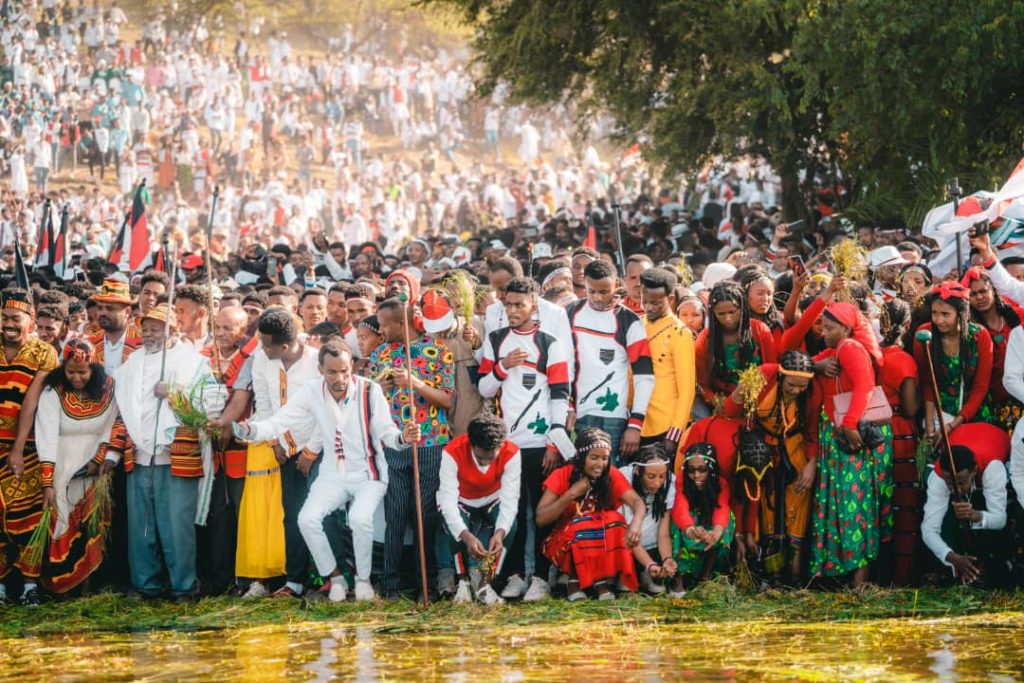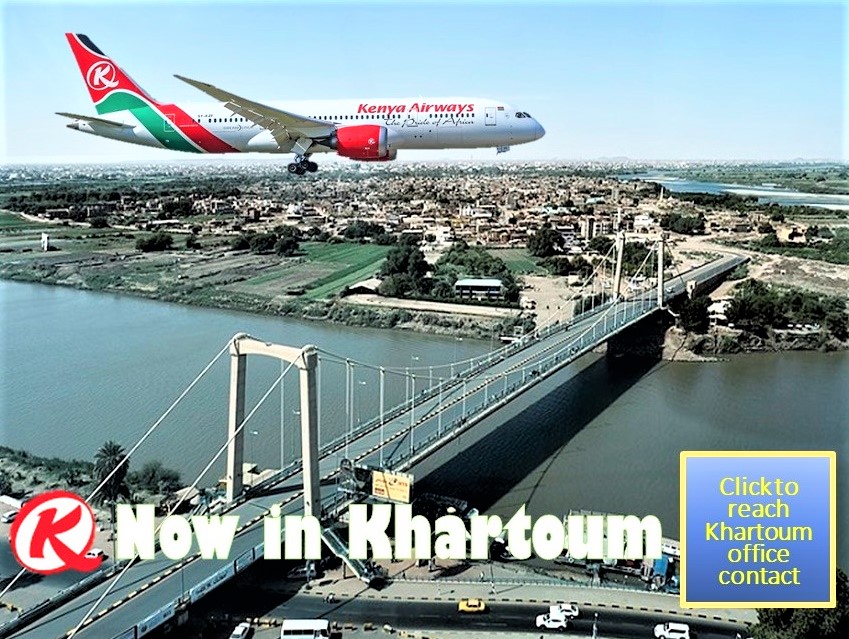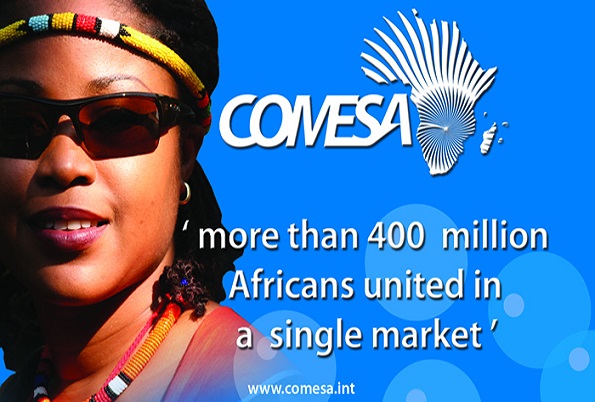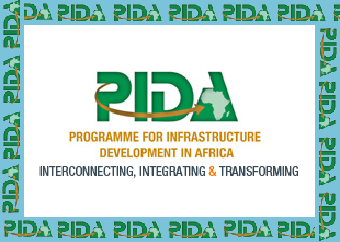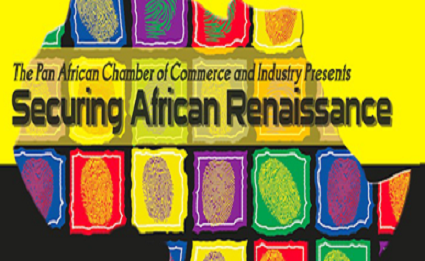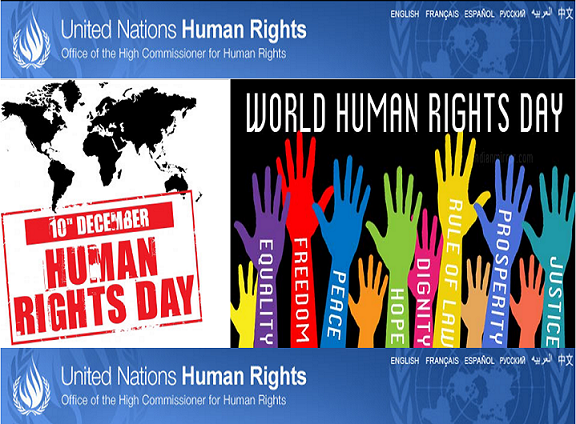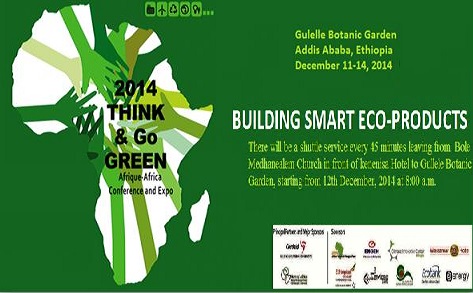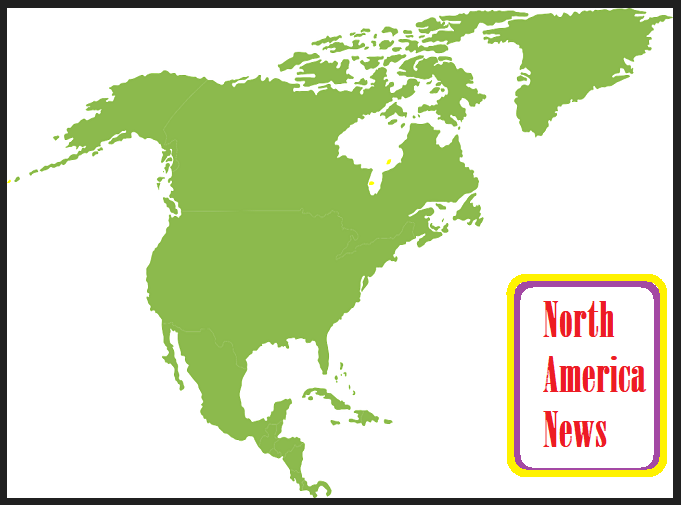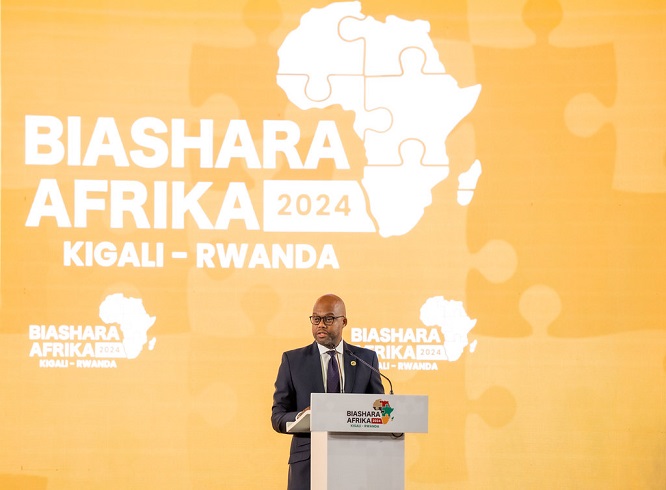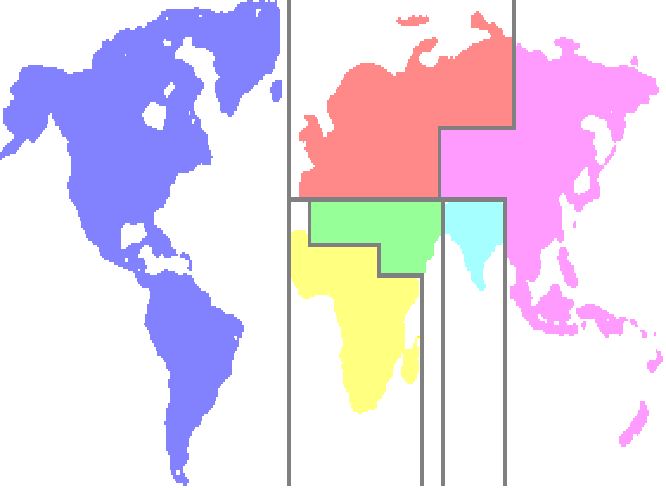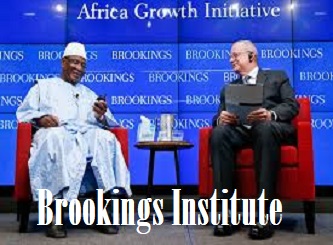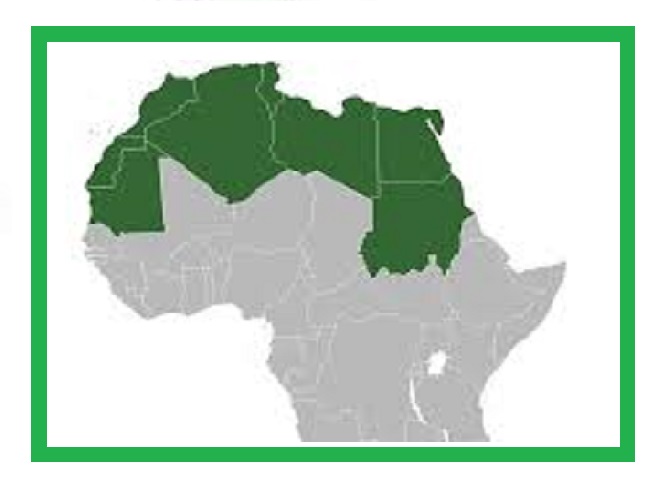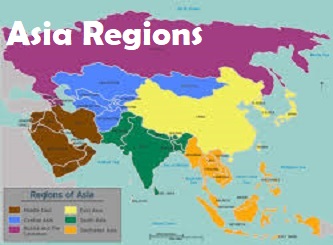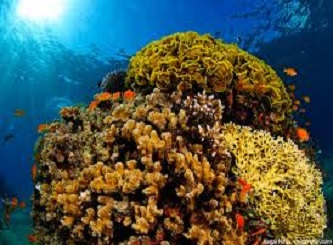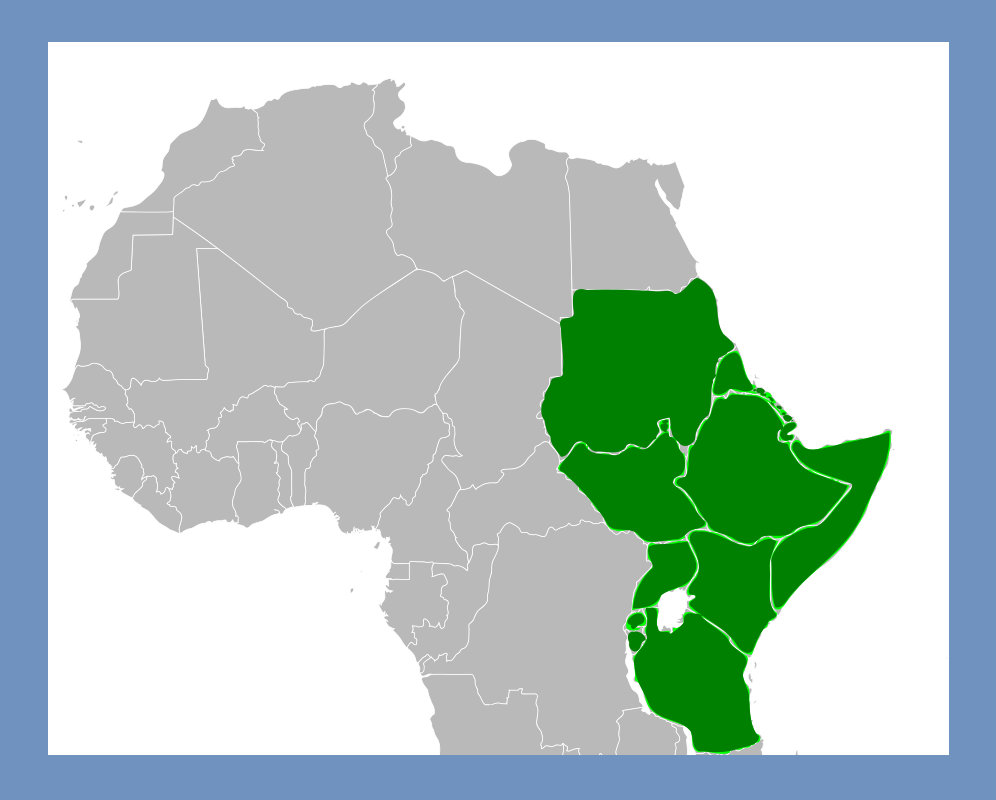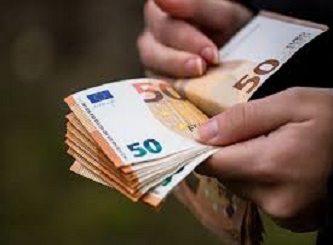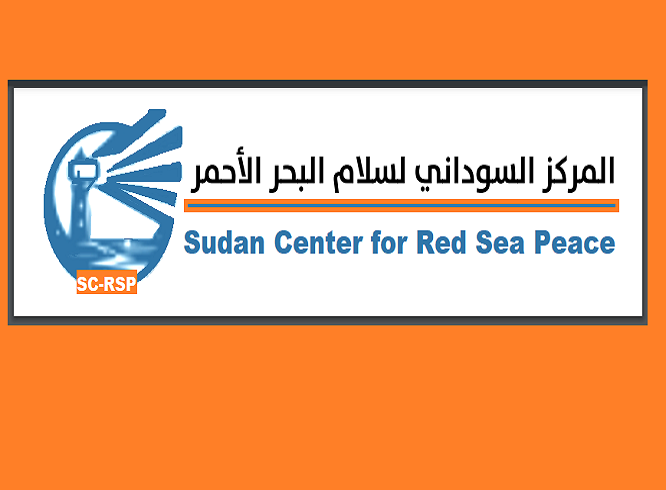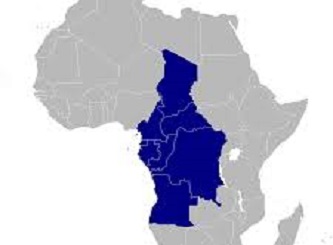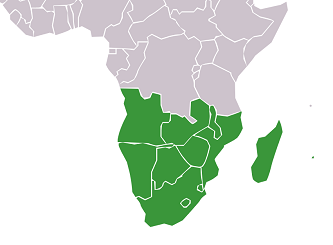Irreechaa: Thanksgiving Day an Its Value
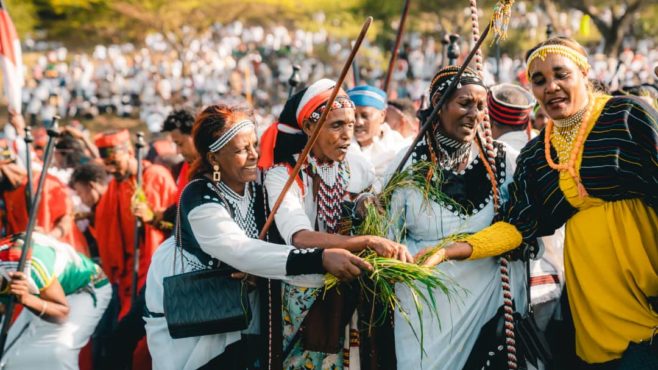
Thanks to: Institute of Oromo Studies, thanks to Journalist Zinabu Asrat
What is Irreechaa?
Irreechaa is Oromo people’s Thanksgiving Day, celebrated twice a year at malka/river or lake and Tullu/mountains top or hill. Irreecha Malkaa /Birraa is celebrated during the last week of September, which is the end of winter season and the beginning of the sunny new season after the dark, rainy winter season. Irreecha Malkaa/Irreecha Birraa is celebrated on riverbanks and lakes. It is an age-long celebration, which accounts for more than 6000 years but cutoff during the incorporation of Oromo into the Abyssinian Empire around the 1880s.
Literally, the name Irreechaa denotes green and fresh grass that symbolise fertility and flourishing life due to the blessing and guidance of the Waaqaa/Creator. Irreecha Tuulluu/ Irreecha Arfaasaa is celebrated in Autumn, which is a dry season and signifies the eve of winter. Irrecha is celebrated throughout Oromia and around the world, where the diaspora Oromos live, especially in North America and Europe.
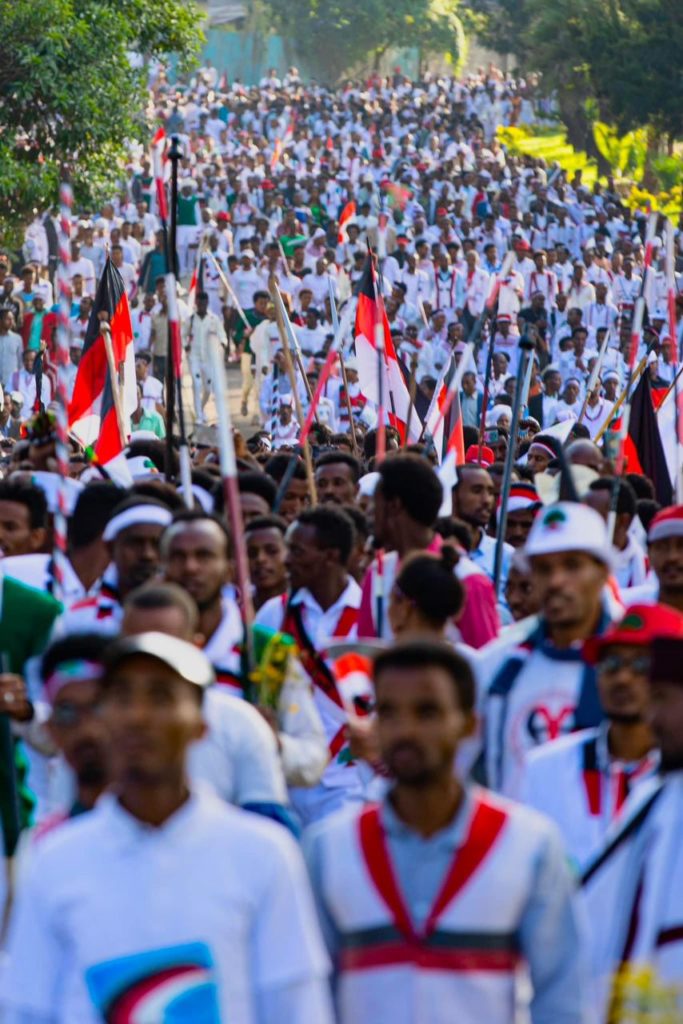
In the traditional belif of the Oromos, the spirit is the power through which Waaqaa (The Almighty God) governs all over the world. Thus, Oromo believe that every creation of Waaqaa has its own spirit. For Oromo the spirts of God dewells on the sea and the great rivers or water bodies and the peak of the mountains. Thus, the Oromos usually go to the river or to the mountains during the time of their thanksgiving and during Irreechaa celebration.
Why Oromo Celebrate Irreechaa?
The Oromo people give thanks to Waqaa who has kept them through the darkness of winter and passed them safely with their entire families to the Birraa/ Spring season filled with hope and joy. The Oromo people celebrate Irreechaa to thank Waaqaa (God) for the blessings and mercies they have received throughout the previous year. The Oromo thank Waaqaa for helping them survive the winter (rainy) season peacefully, for helping them grow crops for people and grass for cattle and for transforming them to Birraa (Spring) season, which is a harvesting season. The Oromo people celebrate Irreechaa not only to thank Waaqaa (God) but also to welcome the new season of plentiful harvests after the dark and rainy winter season.
The Oromo people consider the winter rainy season of June to September as the time of difficulty. The heavy rain brings with it many things like swelling rivers and floods that may drown people, cattle, crops, and flood homes. In addition, family relationships will be severe during winter rain, as they cannot visit each other because of swelling rivers. Irreecha is a Platform where Peace, Reconciliation and Blessing are accredited. Irreecha is known for its peace and reconciliation values.
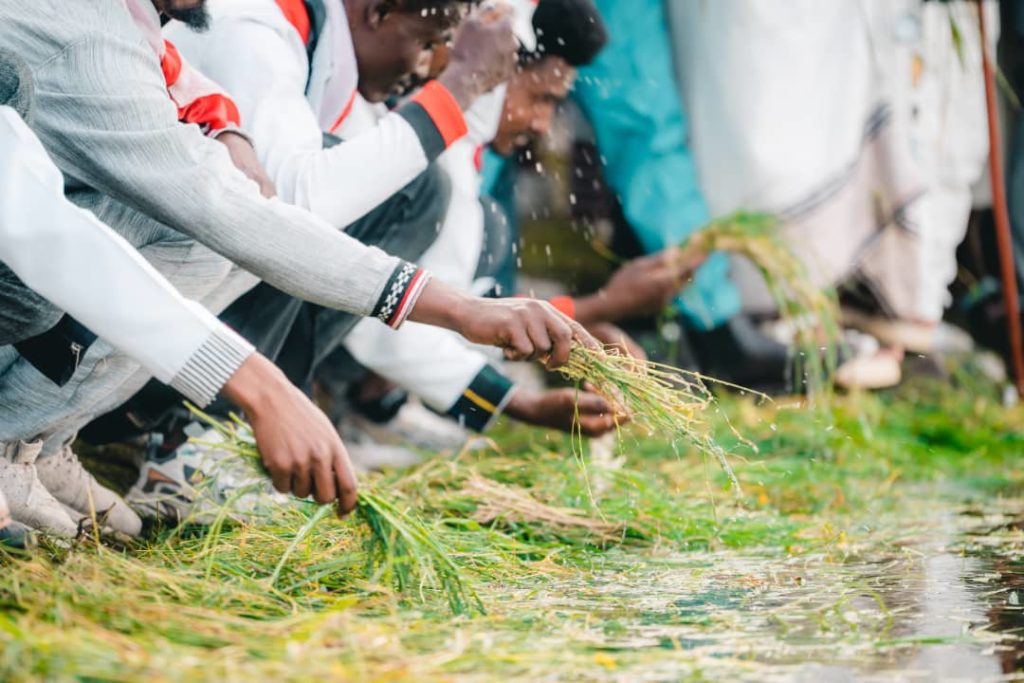
Irreechaa is an important stage where elders and Abbaa Gadaas give benediction and blessings to the nation, land, man, women, children, animals and the co-existence of human beings with nature and the environment. On this special occasion, naming ceremonies for children and blessings of new wedding couples are among the big events. Besides, it is a place where bachelors date and select their future wives and husbands. Irreechaa is a big platform where togetherness, coexistence, cooperation and goodwill, fraternity are praised. In contrast, grievances and discontent are all condemned.
Abbaa Malkaa (the father of the river), Abbaa Gadaa and other elders declare tranquility, prosperity and hope on the stage, surrounded by multitudes. The elders give blessings to WaAqa carrying blossom flowers and grass that symbolizes fertility. Irreechaa celebration is a place where Oromo society comes together without discrimination against sex, age, religion, belief, outlook or class. Ireechaa is a living witness where all peoples of different lifestyles and adherents of different religions come together and celebrate Oromumma (Oromoness) and sabboonummaa (nationality).
It is becoming the best place where the cultural values and ethical excellence of the Oromo are exhibited to the world, where the neighboring regions of Oromo celebrate warmly and even exhibit their culture, share experiences; admire the unity and greatness of Oromo and its culture. It is a place where the Oromo streagthen their unity, renew their fraternity, love and togetherness.
Even if different Oromo groups celebrate Irreecha at a nearby water body close to their communities, millions of Oromo attend the celebration of the Grand Thanksgiving at Hora Finfinnee the capital of Oromia as well as Ethiopia and Lake Arsadi in Bishoftu that is about 45 km from Finfinnee. On Irreechaa festivals, friends, family, and relatives gather and celebrate with joy and happiness.
On the evening of the Irreecha ceremony, the local elders and Abbaa Gaddas call upon communities and ask whether they are in peace or not. They order those who are in conflict to settle their disagreement before Thanksgiving Day. A person who commits a crime against humanity, like the killing of a fellow individual, must pay blood money gumaa before Irreecha. All who commit a petty crime or a serious one must listen to the order of Abbaa Gadas to settle their disputes and ask each other for an excuse before the day of Thanksgiving and prayer. In this case, performing the elders and Abbaa Gadaas orders is an obligation.
The reason why negotiations on disagreement and reconciliation before Thanksgiving Day is that going to Malka Irreechaa with hidden motives and revenge would infect the paryer and blessingss of God. Going to Malkaa Irreechaa with resentment, revenge, or grievance is not values of Irreecha. At a moment of Thanksgiving, the elders ask the crowd one question: Are you all at peace with each other? Are you all at peace with the Creator? Are you at peace with the creature? This time, those in conflict and disagreement show their willingness for forgiveness. The mob says in loud voices, We are in peace with all! Then the Thanksgiving ceremony officially begins with Abba Malkas and Abba Gadass benedictions.
Irreechaa is the place where the creator and creature are celebrated, elders and minors chant, dance and enjoy together, where the rich and the poor give thanks to the almighty and mighty God. In addition to the reconciliation, blessings and forgiveness that took place on the stage, it is also a day when the hopes of participants are renewed.
The multitude that surrounds Malka Irreechaa with green grass and flowers at hand inserts into the water, spreads to his face, and thanks God for the previous seasons success, prays for the future and receives blessings from elders. The multitudes preach peace, love, unity, hope, prosperity, commonality, fraternity and unity. The crowd thanks the creator and wishes peace for themselves, for others, for the earth, sky and the entire nation in songs and prayers. All activities and processes carried out before and on Thanksgiving Day show that Ireecha is a place where peace and good conduct are practiced and demonstrated. In Oromo, peace is comprehensive. That means, when humans are at peace with each other, God is also at peace with them.
The elders give blessings to Waqaa by carrying blossom flowers and grass that symbolizes fertility at hand. Irreechaa celebration is a place where Oromo society comes together without discrimination against sex, age, religion, belief, outlook or class. Ireechaa is a living witness where all peoples of different lifestyles and adherents of different religions come together and celebrate Oromumma (Oromoness) and sabboonummaa (nationality). It is becoming the best place where the cultural values and ethical excellence of the Oromo are exhibited to the world.
Cultural values of Irreechaa: It is a day on which the Oromo attire (clothes), ornaments, paraphernalia/ulfoo, the cultural dance and songs, which are all part of the celebration, are exhibit to the world. The women carry their ritual stick called siinqee, which is the symbol of peace, caaccuu symbole of fertility/, callee/ ornament, carry okolee/ milk utensils, which denotes abandness and decorated by cultural dresses and walk in front of Abbaa Gadaas followed by minors gives exceptional beauty to the parade.
In nutshell, Irreechaa is a platform where peace and reconciliation are addressed, forgiveness and pardon is preached, and the unity of Oromo is strengthened and promoted. Furthermore, it is a place of peace, blessing, love, hope, future wishes, goodwill for the nation and friends of Oromo across the world. For this, it is celebrated with great iron discipline (safuu Oromo). Conflict, love, and cultural development are crucial and irreplaceable. It is a special festival at which the Oromo announces or displaces its beauty, aesthetic values, cements its social bonds and deepens fraternity with friends across the globe.
Irrecha is becoming a well-known platform where the neighboring regions or friends of Oromo warmly participate and even exhibit their culture, share experiences, admire the unity and greatness of Oromo and its culture. It is a place where the Oromo streagthen their unity, renew their fraternity, love and togetherness. The Oromo people celebrate Irreechaa to thank Waaqaa (God) for the blessings and mercies they have received throughout the previous year.
Even if different Oromo groups celebrate Irreecha at a nearby water body close to their communities, the garand Thanksgiving is celebrated at the sacred grounds of Hora Finfinnee (which was later on named Addis Ababa, the capital of Ethiopia) found at the heart of Oromia, Hora Arsadii (Lake Harsadi) at Bishoftu, and other water bodies.
At the the river side the elders ask the crowd one question: Are you all at peace with each other? Are you all at peace with the Creator? Are you at peace with the creature? This time, those in conflict and disagreement show their willingness for forgiveness. The mob says in loud voices, We are in peace with all! Then the Thanksgiving ceremony officially begins with Abba Malkas and Abba Gadass benedictions.
Irreechaa is an important stage where elders and Abbaa Gadaas give benediction and blessings to the nation, land, man, women, children, animals and the co-existence of human beings with nature and the environment. On this special occasion, naming ceremonies for children and blessings of new wedding couples are among the big events. Besides, it is a place where bachelors date and select their future wives and husbands. Irreechaa is a big platform where togetherness, coexistence, cooperation and goodwill, fraternity are praised. In contrast, disagreement, grievances and discontent are all condemned.
It is the place where the creator and creature are celebrated, elders and minors chant, dance and enjoy together, where the rich and the poor give thanks to the almighty and mighty God. In addition to the reconciliation, blessings and forgiveness that took place on the stage, it is also a day when the hopes of participants are renewed. The multitude that surrounds Malka Irreechaa with green grass and flowers at hand inserts into the water, spreads to his face, and thanks God for the previous seasons success, prays for the future and receives blessings from elders. The multitudes preach peace, love, unity, hope, prosperity, commonality, fraternity and unity. The crowd thanks the creator and wishes peace for themselves, for others, for the earth, the sky and the entire nation in songs and prayers. All activities and processes carried out before and on Thanksgiving Day show that Ireecha is a place where peace and good conduct are practiced and demonstrated. In Oromo, peace is comprehensive.
That means, when humans are at peace with each other, God is also at peace with them. Its a day on which the Oromo attire (clothes), ornaments, paraphernalia/ulfoo, the cultural dance and songs, which are all part of the celebration are disclosed to the world. The women carry their ritual stick called siinqee, which is the symbol of fertility/ caaccuu, ornament/ callee, carrying milk utensils/okolee decorated by cultural dresseses and an ornamental walk in front of Abbaa Gadaas followed by multitudes gives exceptional beauty to the parade. This beauty and togetherness of the Oromo had been forbidden for a century and a half. Now, Irrechaa is in its revival or renaissance stage, where the new generation is considering it as a source of unity, onenees, strength and hope. In nutshell, Irreechaa is a platform where peace and reconciliation are addressed, forgiveness and pardon is preached, and the unity of Oromo is strengthened and promoted.
Furthermore, it is a place of peace, blessing, love, hope and goodwill for the nation and friends of Oromo across the world. For this, it is celebrated with great iron discipline (safuu Oromo). It is a special festivity at which the Oromo announces or displaces its beauty, aesthetic values, greatness and cultural pride to the world.

